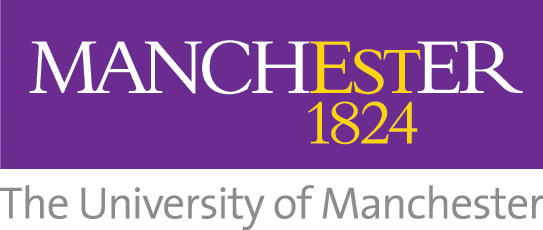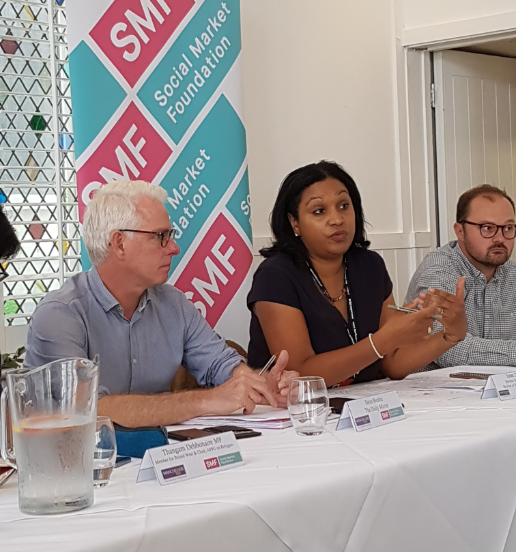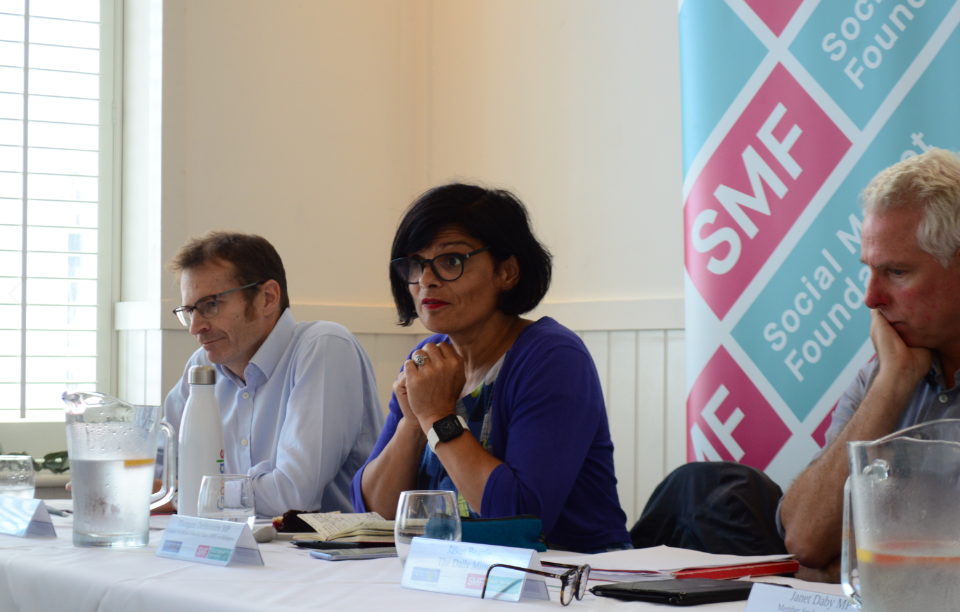
Held in partnership with Policy@Manchester.
This panel discussion brought together politicians and academic experts to discuss the Labour Party’s stance on freedom of movement. Labour’s Brexit policy had, at the time the event was held, ruled out the option of open borders.
The starting point for the debate was evidence since the Brexit referendum suggesting that attitudes to immigration are changing and now more positive. Is Labour’s call to end free movement compatible with its pro-Customs Union, pro-Single Market approach to Brexit? The SMF convened a panel in partnership with Policy@Manchester, part of The University of Manchester, to debate Labour’s future policies on freedom of movement and immigration.
Speakers:
Janet Daby MP, Member for Lewisham East & Member of the Home Affairs Select Committee
Thangam Debbonaire MP, Member for Bristol West & Chair of the APPG on Refugees
Jonathan Thomas, Migration Researcher, Social Market Foundation
Dr James Hampshire, Reader in Politics, University of Sussex
Chair: Jason Beattie, Head of Politics, The Daily Mirror
James Hampshire highlighted Ipsos MORI polling showing that attitudes towards immigration have been improving, a positive linear trend since 2011 – the trend began well before the EU referendum. Evidence suggests that, contrary to speculation, the main reason why people oppose immigration is not an economic concern. It’s principally a perceived threat to cultural identity and that this needs to be addressed.
Janet Daby MP voiced her concern that people are misled about their personal circumstances being affected by migrants, by both press and politicians. Fear of migrants is something that needs to be embraced and corrected. Labour should to have a clearer commitment to “remaining and reforming”, which should be linked to EU freedom of movement.

Daby also commented on the need to address the “blame culture” in the UK – and make sure that people have information about the benefits migrants bring to the country. UK residents should understand that their frustrations are misdirected, as their economic situation relates to domestic policy: “Communities need to be helped with good domestic policies to change their situation.”
Thangam Debbonaire MP echoed these concerns, stating that we live in a time when elected representatives, experts, journalists and the judiciary are treated with contempt which creates a climate in which the far-right thrives. In light of this, the Labour Party needs to review policy to resist another wave of populism and its potential consequences for migrants in the UK.

Debbonaire contrasted attitudes towards language learning in the UK and abroad. She spoke of her own experience of living in the Netherlands, where the cultural norm was an expectation of foreigners to quickly learn the language and integrate after an initial leeway period. She recalled a friend coming back to the UK after a holiday in France and complaining staff who had come to fix her broken down car did not speak English – lacking reflection about her own inability to speak French. This attitude towards learning languages in the UK requires redressing, especially in a post-Brexit UK.
Jonathan Thomas warned about the potential for an angry and divisive political and public debate about irregular and illegal migration. Contrary to what politicians have implied about leaving the EU reducing the flow of immigrants to the UK, his research shows that irregular and illegal immigration is likely to grow with the end of Freedom of Movement. The public need to be aware of that.
The panel agreed that current attitudes around the English language dominating Europe would be strongly challenged on leaving the EU. The speakers agreed language learning need to be encouraged in the UK and this would be beneficial – Jason Beattie quoted a Spanish saying: “Learning a language is getting a new soul.”
For the full live stream:
